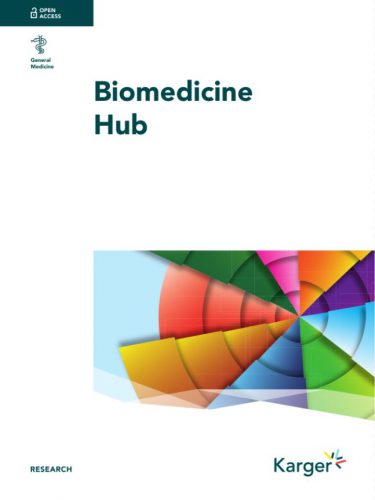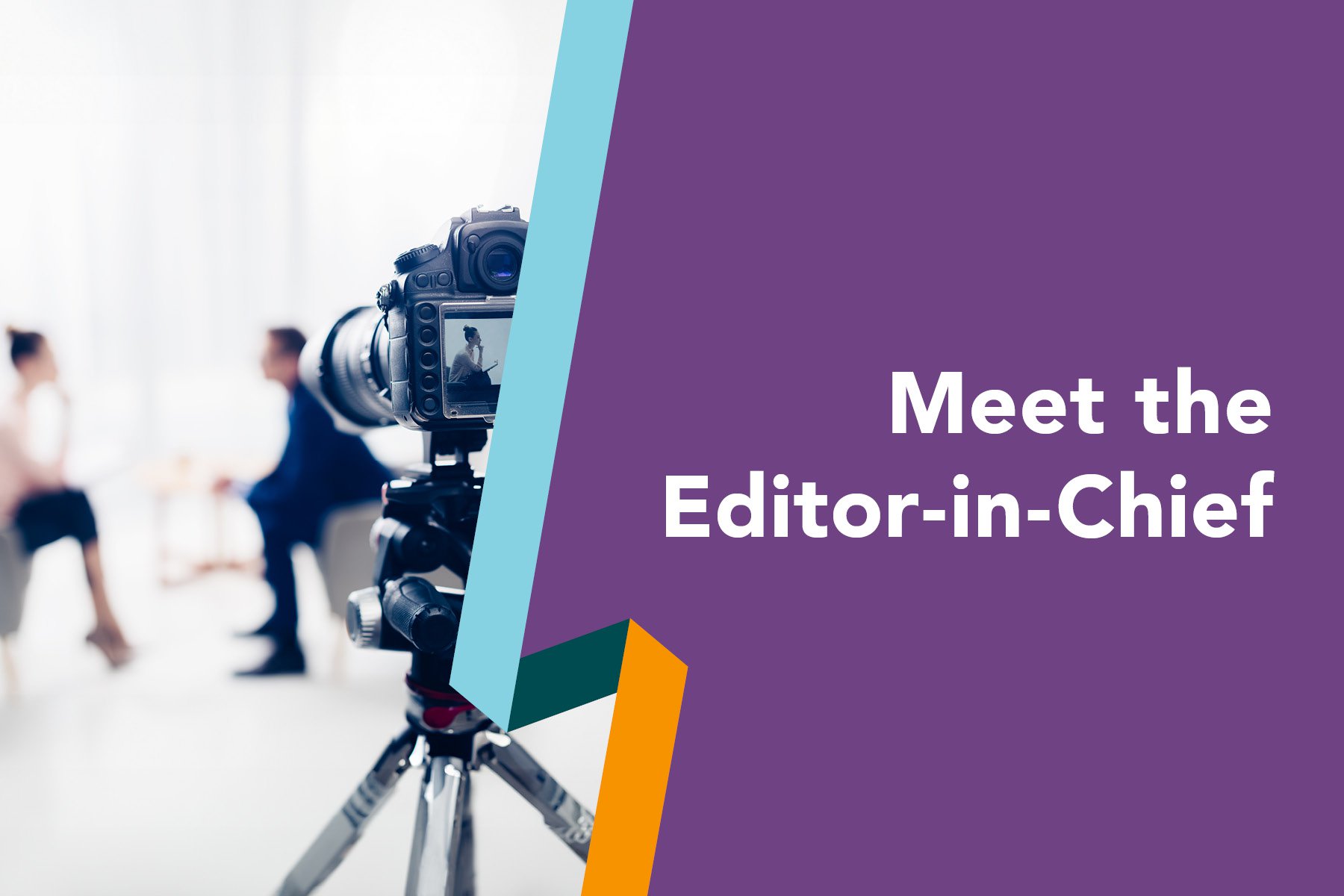The path to a career as a researcher can be very rewarding, but Early Career Researchers (ECRs) encounter many challenges when starting out. To help them get over some hurdles, Karger has launched a new initiative offering valuable training and the opportunity for hands-on experience.
ECRs are not only under pressure to publish and get recognition for their ability as researcher, but also feel they must simultaneously be on the lookout for opportunities to refine other skillsets that are equally important to developing their careers. One excellent opportunity for ECRs can be acting as a reviewer for journal articles or joining an editorial board. Editorial board positions however are sought-after and often preferentially given to more experienced and better known researchers. In other words, one needs experience to get experience — a classic catch-22 situation.
Hands-On Experience
To help ECRs overcome this, we at Karger have launched a new initiative in one of our Open Access journals, the multidisciplinary, PubMed-listed Biomedicine Hub. ECRs receive relevant and valuable training as well as hands-on experience within our Biomedicine Hub Partner Portals.

Biomedicine Hub
Partner Portals are platinum Open Access journal sections in Biomedicine Hub. They are managed by individual research organizations, increasing global visibility and recognition of scientific research. Being platinum Open Access, the institutions cover the costs of publication, so readers do not need to pay for access, and authors do not need to pay an Article Processing Charge (APC) to publish as is the case for many Open Access publications. Open Access means articles are immediately, permanently free for anyone to read, share and re-use according to the terms of the article’s Creative Commons license, maximizing their visibility and impact.
Exclusive Platform
For institutions and organizations such as government bodies or health science research funders, Partner Portals have multiple benefits for their communities. For one, they provide an inclusive platform and an opportunity to collaborate with an internationally respected, experienced publisher. And equally important, Partner Portals allow these organizations to create an opportunity for their ECRs to gain editorial skills. Institutes are encouraged to designate ECRs as Editorial Board Members for their Partner Portals. The ECRs can thus actively participate and gain insight and experience, working with more experienced mentors and publishing professionals. This training to better understand publishing can also hone their skills in writing and submitting their own research for publication as well. At the same time, collaborating on a Partner Portal allows ECRs to build their networks and help pave their future career paths.
We launched Partner Portals in 2021 and thank our initial partners, China Medical University – Taiwan and Xuanwu Hospital – Capital Medical University, for helping us get off to an excellent start with this service. We’re looking forward to building on the collaboration to better serve their communities as well as expanding our partnerships.
Institutions, societies and other organizations interested in having their own Partner Portal can contact us to discuss options and how we can best support them and their Early Career Researchers.






Comments
Share your opinion with us and leave a comment below!